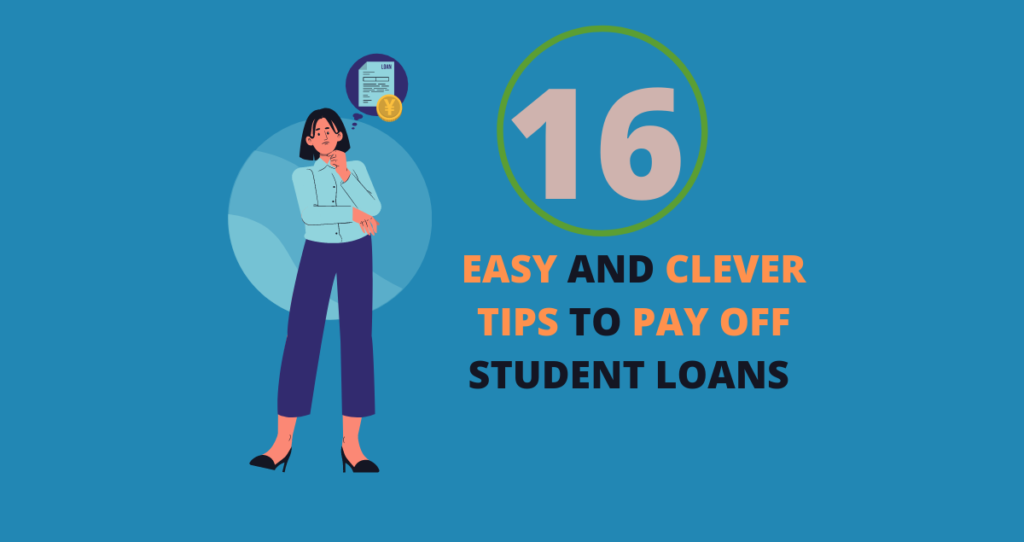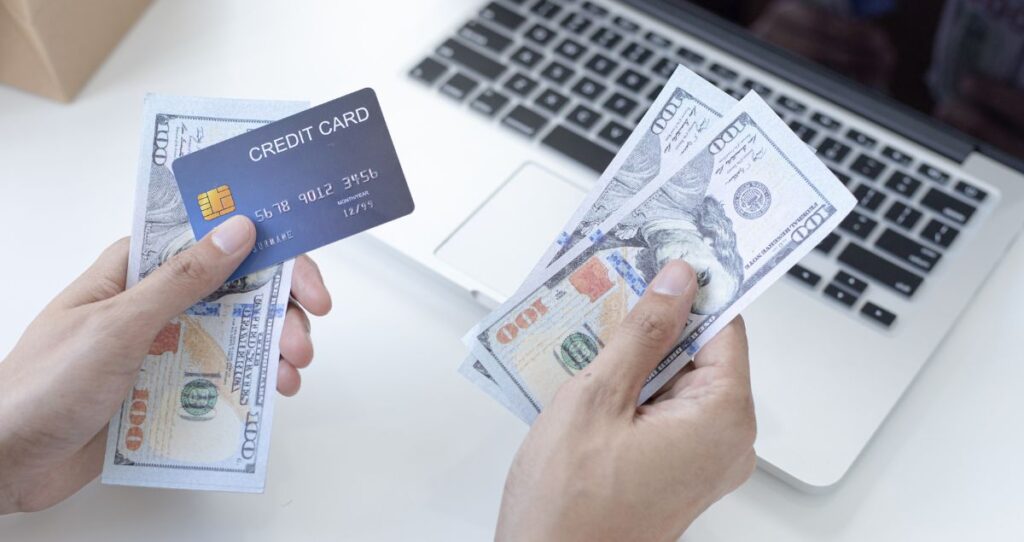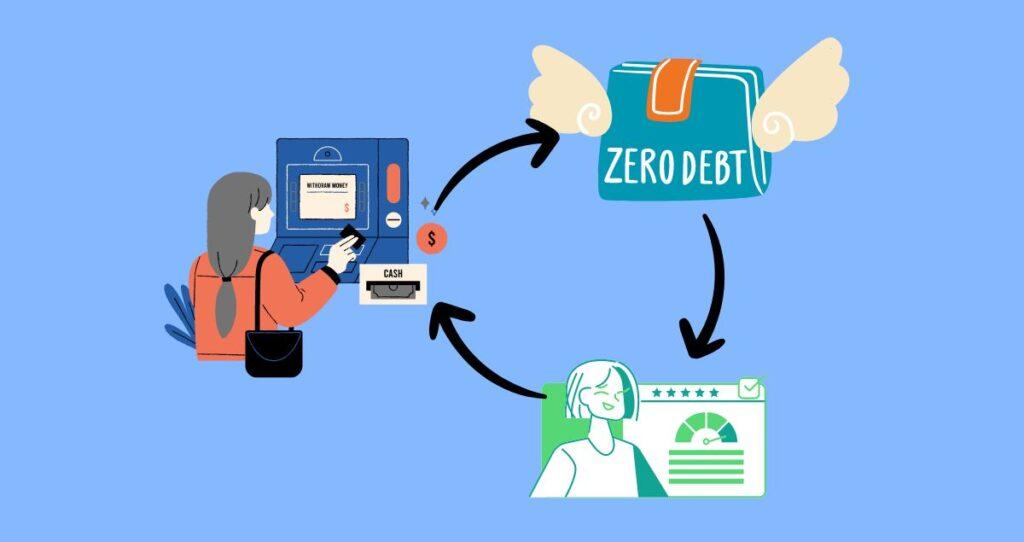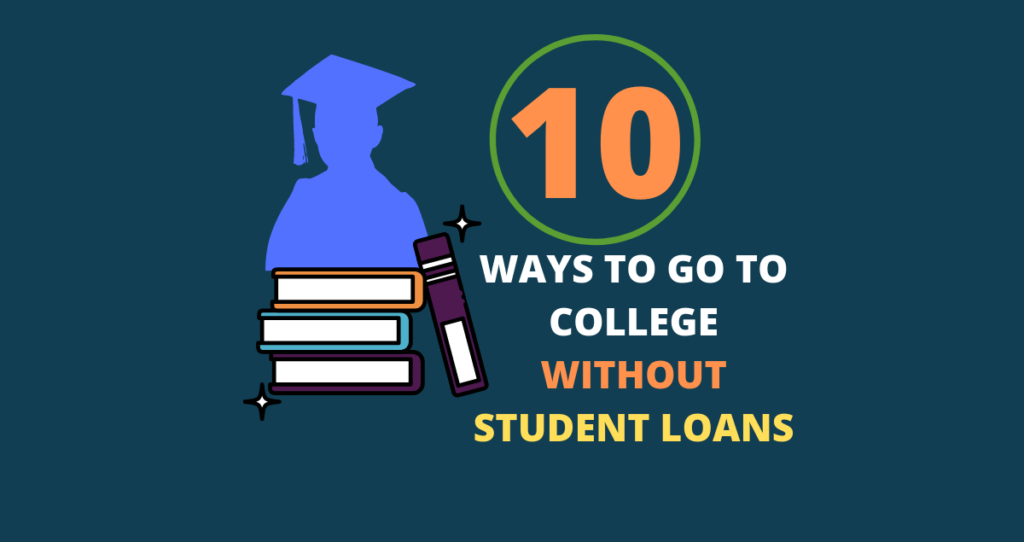If you find yourself denied a personal loan, the first thing to do is to ask your lender why your loan application was declined. Common reasons many lenders can decline your loan application include having a low credit score, not having enough income, a high debt-to-income ratio due to having too much debt, or lack of employment stability.
Once you know why your loan application was denied, you can either fix the issue and reapply or find another lender who can loan you money under the same circumstances. You might also need to clean up your credit reports for errors and inaccuracies, increase your income, reduce your existing debt balances, or use a co-signer who can vouch for you. If you keep getting denied a loan, you can abort the project, save money to finance the project with cash, or consider borrowing money online through peer-to-peer lending or raising cash through crowdfunding websites.
You might also need to seek help from local credit counseling agencies. These agencies can help you restructure your finances, build your credit, and improve your creditworthiness.
If you recently got denied credit or need to know what you should do when your loan application is declined, keep reading.
1. Understand the reason you got denied a personal loan
If you applied for a personal loan and got denied, the first step is to understand why the lender denied your loan application. Even if you might end up borrowing from another loan provider, you still need to fix the issue that led to your denial of a loan. If you don’t fix the issue, other lenders are more likely to deny you funds due to the same reasons.
Lenders are legally required to provide a reason for loan denial, which could range from a low credit score, insufficient income, too much existing debt, or a lack of employment stability. After knowing why you got denied, start working on those issues before submitting another loan application to the same loan provider or another lender. For example, if you got denied a personal loan, due to having a low credit score, improving your credit score will be your next step.
You might also like:
2. Review your credit report
There are many reasons you can get declined a loan. A common cause of loan application denial is inaccurate information or errors on your credit reports.
If you were denied a personal loan due to information on your credit reports, review your credit report and ensure they have no errors. Dispute inaccuracies if found, as these can negatively impact your credit score. Each credit reporting agency (Experian, TransUnion, and Equifax) is obligated to give you a free copy of your annual credit report once every 12 months. To get a free copy of your annual credit report, download it from the Annual Credit Report website: https://www.annualcreditreport.com/index.action.
Related posts:
3. Improve credit score
One of the biggest reasons most millions of people get denied a personal loan is having a bad credit score. Your credit score is a major factor loan issuers use to determine your creditworthiness. A low credit score shows that you are a risky borrower and the chances of defaulting on your loan are higher. That is why most lenders will deny you a loan when your credit score is in the lower 600’s and under. Typically, you should have a credit score that is in the upper 600s or higher. If you can get your score over 720 it will make a huge difference in your finances.
If your credit score is low, you should take steps to improve it. The best way to improve your credit score is to pay bills on time, reduce your debt-to-income ratio by paying off existing loans, Lower your credit utilization rate, and limit hard inquiries on your credit report. You can also become an authorized user of a credit card to boost your credit score faster before applying for a loan again.
Here is a guide to getting a 700 credit score. You can also use this strategy to jumpstart your credit score in 30 days.
4. Increase your income
Having a low income is another reason your bank will deny you a personal loan. Before you get approved for any loan no matter how small or large, your lender must verify and confirm that you can afford to pay the loan back with interest. If your income is not enough to pay the money back, your loan will be declined.
If you recently got declined a loan due to not having adequate income, seek additional employment.
You can achieve this by asking for a raise at your current job or finding ways to earn passive income. You can also pick up a side hustle or freelance gigs. If you like flipping products online, start selling used items online, and sell your craft on websites like Etsy and Poshmark.
Related posts:
5. Reduce your debt
A high level of existing debt can also lead to a denial of a personal loan application. Lenders use your debt-to-income ratio to determine how much debt you have compared to your income. A higher DTI ratio shows that you have too much debt, and therefore, you cannot afford to pay off extra debt. A DTI ratio that is 36% or under is considered good but most lenders prefer 28% and under.
If you got denied credit due to having too much debt, lower your DTI ratio before submitting another loan application. The only way to increase your DTI ratio is to pay off existing debt. By paying off your debts, you will also improve your credit score which in turn improves your approval rate and helps you get qualified for a lower interest rate.
Debt management guides:
- How to use the debt avalanche method to pay off debt?
- Which debt should you pay off first?
- What debt to pay off first to raise your credit score?
- 6 effective ways to pay off revolving debt fast
6. Reapply with a cosigner
If you have bad credentials and have been recently denied a personal loan, you can easily get approved by using a cosigner. This trick works best when you know someone with good credit and high income who is willing to vouch for you.
Even if nothing changes in your credit rating or income, the bank might approve you for the loan, simply because the cosigner will be responsible in case you cannot pay off the loan. Anyone who is listed as a cosigner will also be responsible for repaying the loan if you can’t. A cosigner can be anyone with good credit such as a family member, friend, etc.
7. Apply for a personal loan with another lender
Different lenders have varying requirements for loan approval. If your loan was declined by one lender, shop around for a lender that will accept your application. This strategy will work if you are not denied due to a major factor. For example, if your credit score is in the 500s and are looking for a HELOC, for example, you might still be declined by other lenders. Also keep in mind that the terms, conditions, and interest rates might not be as favorable in case you get approved for the loan. The more risks you pose as a borrower, the stricter your terms are and the higher interest you pay.
You might also like: How to get approved for a mortgage.
8. Seek credit counseling
If you are continuously struggling to get approved for a personal loan, seek help from a credit counseling agency. These agencies can guide you in boosting your creditworthiness and managing your finances better. For example, a credit counseling agency can help you make a budget, help you establish a debt management plan, and improve your credit.
Most credit counseling agencies work with local government to offer free services which you can benefit from especially when living paycheck to paycheck. If you don’t know where to start, reach out to your local city representatives or do a quick Google search in your area.
You might also like: What to do when being evicted with no place to go?
9. Postpone the project
The fact that your loan application is denied is a great indication that you are not in a position to borrow money. Maybe you have too much debt already, your income is not enough, or simply, your credit is messed up. No matter the reason you are getting denied a personal loan, you might need to take one step back and evaluate your financial standing and your options.
Very often, you will realize that the bank was doing you a favor by denying you a loan. For example, your bank might be denying you credit due to having a high DTI ratio. This means the ratio of your monthly payment to your monthly gross income is too high. Getting approved for a personal loan under these conditions will only increase your monthly payments and lead you to default on your loan.
Instead of trying another lender when you are denied a loan under these conditions, abort the project and improve your finances instead. It if is not an emergency, it can wait.
10. Save money and use cash
Another thing you can do when denied a personal loan is to save money and use cash. This will prevent you from taking on expensive loans which could easily wreck your finances. For example, if you were trying to borrow $10,000 to do a kitchen remodel, adopt frugal living habits, save the required amount, and finance the entire project with cash. You can achieve this goal by reducing your expenses and increasing your income through side hustles, getting a raise, or picking up a part-time job.
You might also like:
- 16 tips to stop buying things you don’t need
- 7 reasons your family is so poor
- When is the best time to buy a car?
11. Try peer-to-peer lending
Peer-to-peer lending is a great way to borrow especially when you are constantly getting denied a loan from banks and other lending institutions. With P2P lending, you borrow money from individual lenders and pay it off slow by slow just like conventional loans. If you just got denied a personal loan, start looking into P2P lending options.
If you keep getting declined a loan, create an account on one of the best P2P lending websites and get your project funded. Typically, you describe the nature of your project and wait for different people to pitch in with their money. The downside of peer-to-peer lending is that the interest on your loan will be a bit higher compared to regular personal loans.
12. Borrow from your friends and family members
If you have family members who are willing to lend you money, borrow from them when you get denied a personal loan. It might be intimidating to borrow from your friends and family members, but if you are serious and reliable, taking money from your relatives is more economical than borrowing from a bank.
If you are lucky, they might even let you use the money without paying them interest which will help ease the pressure on your finances. Before you borrow money from your friends and relatives after getting denied a loan, have a repayment plan in place. Without paying the money back, you might end up breaking your friendships and creating conflicts unintentionally. You don’t want money to come between you and your loved ones.
Related post: 7 reasons you should never lend money to a friend
13. Use crowdfunding
Borrowing money is not the only way to get your hands on cash. There are cheaper ways to access capital without getting a personal loan from a bank or your local credit union. One of my favorite ways to raise money for free is to use crowdfunding platforms.
Crowdfunding is an ingenious way to raise money without taking on expensive loans. This strategy relies on the power of social networks and the availability of the Internet worldwide to reach many donors. If you have an inspirational goal or are facing financial difficulties, raising money from crowdfunding platforms such as GoFundMe, or Snap! Raise, and Givebutter are great places to start.









